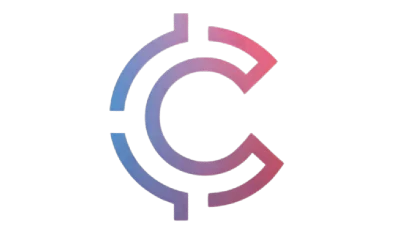Decentralized Finance (DeFi) Overview: The Future of Finance
Decentralized Finance (DeFi) is changing how we think about money. Traditional finance is controlled by banks and financial institutions.
But DeFi removes these intermediaries. Instead, it uses blockchain technology to provide financial services directly to users.
The DeFi ecosystem is built on blockchain platforms like Ethereum, which allow for transparent, trustless transactions. By using smart contracts, DeFi eliminates the need for third parties like banks.
This opens up access to financial services for people worldwide, especially those who are unbanked or underbanked.
Understand-decentralized-finance-(defi)-overview
1. How Does Decentralized Finance (DeFi) Work?
DeFi relies heavily on smart contracts. These are self-executing contracts with the terms directly written into code. When a certain condition is met, the contract automatically executes. This eliminates the need for intermediaries and allows for more efficient transactions.
DeFi platforms allow users to lend, borrow, trade, and earn interest on their assets without relying on traditional financial institutions. For example, decentralized exchanges (DEXs) enable users to trade cryptocurrencies directly with one another. This is different from centralized exchanges where users must trust a central authority to handle their funds.
2. Key DeFi Services and Platforms
- Decentralized Exchanges (DEXs):
These platforms allow users to trade cryptocurrencies without relying on a central authority. Uniswap and SushiSwap are popular examples. - Lending and Borrowing:
Platforms like Aave and Compound allow users to lend their crypto assets and earn interest. Others can borrow these assets without going through a bank. - Stablecoins:
Stablecoins like DAI and USDC are digital currencies that are pegged to the value of traditional currencies (like the US dollar). They provide stability in the volatile world of crypto. - Yield Farming:
Yield farming lets users earn rewards by providing liquidity to DeFi platforms. It is a way of earning passive income by participating in DeFi ecosystems. - Insurance:
Some DeFi projects like Nexus Mutual are offering decentralized insurance. This allows users to protect themselves against risks in the crypto world.
3. Benefits of DeFi
- Accessibility:
DeFi is open to anyone with an internet connection. This provides financial services to people who don’t have access to traditional banks. - Transparency:
All transactions on DeFi platforms are recorded on a public blockchain. This means they can be verified by anyone and helps prevent fraud. - Lower Fees:
Since DeFi eliminates middlemen, transaction fees tend to be lower than traditional financial systems. - Control:
Users retain full control over their assets. In traditional finance, banks control your money, but with DeFi, you own and manage your assets.
4. Risks and Challenges of DeFi
While DeFi offers many benefits, there are also some risks to consider:
- Smart Contract Vulnerabilities:
If a smart contract has bugs or vulnerabilities, it could be exploited by hackers. Users could lose their funds due to these issues. - Lack of Regulation:
DeFi operates in an unregulated environment. This means users are not protected by government regulations like they would be in traditional financial systems. - Volatility:
Cryptocurrencies can be highly volatile. This means users could experience significant gains or losses in a short period. - Liquidity Risks:
Some DeFi platforms may not have enough liquidity, which could lead to delays in transactions or price slippage.
5. The Future of DeFi
DeFi has the potential to reshape the global financial system. It removes barriers and creates a more inclusive financial system. As blockchain technology continues to improve, we can expect more advanced DeFi platforms and services.
However, there are still challenges to overcome. The lack of regulation and security concerns are two key issues that need to be addressed for DeFi to gain mainstream adoption.
6. Conclusion
Decentralized Finance (DeFi) is an exciting development in the world of finance. By removing intermediaries, it offers more accessible, transparent, and cost-effective financial services.
However, it also comes with its own set of risks. As the DeFi ecosystem continues to evolve, it will be interesting to see how it transforms the global financial landscape.
